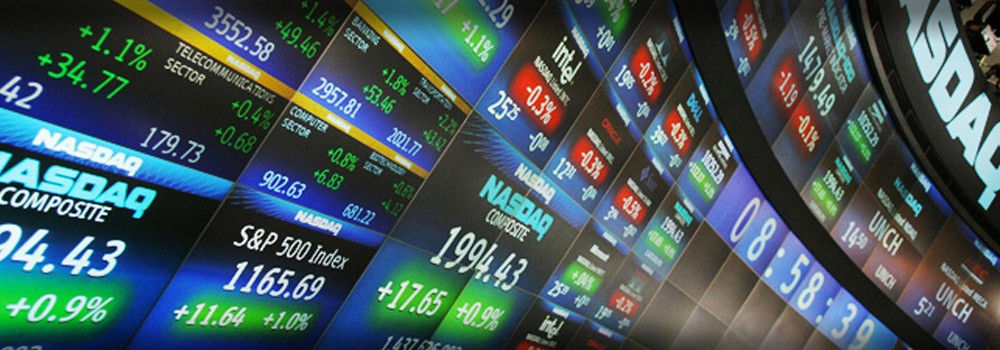An Occupational Hazard: How Cocaine embodies what’s wrong with the culture of High Finance
By Ken Cates, Staff Writer
Was cocaine the cause of the financial crash of 2008? According to David Nutt, the former drug czar of the UK, the answer is a most definite yes. Nutt, also a professor of neuropsychopharmacology at Imperial College, talked of how the ever persistent nose candy made bankers and traders “overconfident” as they took on more risks at the expense of their clients. Dr. Chris Luke of Cork University Hospital, Ireland, also shares this view, where he concludes that rampant cocaine use fuelled the megalomania of financial titans that led them to make irrational decisions, “thinking they were 110% right.”
However nutty this opinion may sound, if you can forgive the pun, it does help explain why bankers and stockbrokers keep reminding me of Rob Ford. Both were in drunken stupors, and both revealed themselves to be complete train wrecks. The key difference however, is that acting like a raging coke addict is completely normal within the culture of high finance, a culture that Prof. Nutt describes as one of, “excitement and drive and more and more and more.”
A company’s culture determines the character of the firm and the values to be communicated, not through any rulebook but through its daily practices. If this is indeed the case, what does it mean when a company culture turns a blind eye to its coke addled employees?
Former Bear Stearns CEO Jimmy Cayne was said to keep his stash in a bottle of antacid in his desk. Cocaine abuse was so rampant in Bernie Madoff’s company his office was referred to as the North Pole. And of course there are the ever-growing firms of Wall Street, getting caught in association with the drug as early as 1915. To really understand the place of cocaine within the banking culture, its important to start with a simple question. Out of all the drugs to take, why is cocaine the long time favourite for traders?
Scientists say that trading and coke going together is no accident. There’s growing evidence from cognitive neuroscience stating that making money affects the same “pleasure centres” of the brain that are activated by certain drugs. Neill Junor, a former analyst at the British firm BT Alex, knows the sensation all too well. The powder often went hand in hand with heavy boozing, all for the sake of keeping the thrill of the office going. “It’s the same rush from doing a deal and doing cocaine,” reflects Junor. “The adulation from doing a deal spills into going for a beer and then a party … it’s an amorphous blob of energy.”
According to cognitive neuroscientist Trevor Robbins, both trading and cocaine involve risk taking and raises dopamine – the feel good chemical – levels within the brain. As with skydiving or betting on stocks, an afternoon snort break in the company washroom can boost the sense of euphoria, increase confidence and the workers’ level of energy. “Cocaine is highly desirable in our busy 24/7 society,” says addiction specialist Dr. Ray Seidler. With the blow reducing the need for sleep and resulting in bouts of over-exuberance, it is the ideal drug for a trader selling a complex product he knows little about with boundless – and often groundless – overconfidence.
In both banking and snorting coke, a central component is the somewhat fatalistic notion of risk taking. This notion reflects the realities that shape the culture of finance, where layoffs and downsizings are abundant even during a boom in the market. Even employees working 120 hours a week are constantly talking about their job insecurity. According to the banker turned anthropologist Karen Ho, what is valued within such an environment is not job insecurity but a constant synchronization with the market and stocks.
























Share the post "An Occupational Hazard: How Cocaine embodies what’s wrong with the culture of High Finance"